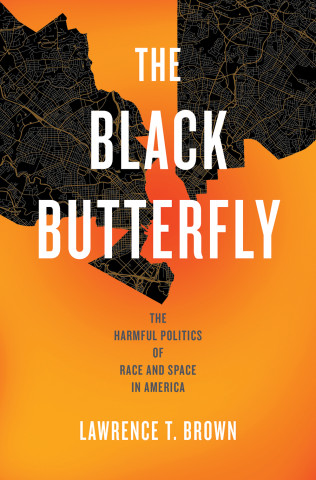
Johns Hopkins UniversityEst. 1876
America’s First Research University
A Spotlight on HBCUs and The Black Family’s Guide to College Admissions

This Black History Month, we're shining a spotlight on two new books on Black experiences in higher education.

Historically Black Colleges and Universities (HBCUs) play a pivotal role in promoting social and economic mobility for African Americans and in mentoring the next generation of Black leaders. In HBCU, Marybeth Gasman and Levon T. Esters explore the remarkable impact and contributions of these significant institutions.
Through inspiring personal stories and extensive research, Gasman and Esters showcase how HBCUs have mentored generations of leaders and scholars, fostering a collaborative culture of success and empowerment. These schools shape and propel Black students into leadership and intellectual roles where they have a major impact on medicine, literature, law, higher education, art, sports, and business. HBCUs also have a profound impact on local communities and economic development that extends far beyond the classroom. This book sheds light on the unique cultures and identities nurtured within HBCUs while emphasizing the importance of philanthropic support and alumni engagement in maintaining these important institutions.

Finding the right college is a challenge for all students, but Black families face additional challenges and questions when navigating the admissions process. In this new edition of The Black Family's Guide to College Admissions, veteran admissions experts Timothy L. Fields and Shereem Herndon-Brown demystify this complexity by advising families on when to begin the process, where to apply, and how to be a competitive applicant.
Fields and Herndon-Brown address specific concerns that are not often addressed by school counselors or other resources. They highlight how recent social justice movements and legal cases have amplified the necessity of considering both HBCUs and predominantly white institutions, while covering everything from athletic recruitment and artistic talents to financial aid and step-by-step instructions for how to search for colleges and then apply to them.
The second edition includes new chapters on:
- prioritizing students' and parents' mental health
- understanding the influence of artificial intelligence tools such as ChatGPT on college essay writing
- reviewing recent Supreme Court decisions about race-conscious admission and their likely impact on Black applicants
- navigating the admission process as a transfer applicant.
Below are additional books about the intersection of Black studies and fields such as public health, history, literary studies, higher education, and more.










